The other day someone asked me if I thought a German Shepherd was the right breed for their family and this got me thinking about why some owners do so well with this breed, while others do not.
I certainly see a LOT of talk from fellow trainers on how many of their clients who have a German Shepherd should NOT have a German Shepherd, and while trainers and behavior consultants taking to social media to complain about their clients and client dogs is a subject for another day, their initial observations are sometimes interesting, and often accurate. Some owners seem to really struggle with this breed.
I also see lots of owners who do very, very well with this breed, after all the GSD is arguably the most popular (read numerous) dog breed in the world, and the vast majority of those dogs are nicely situated into pet homes.
While a very worthwhile subject is what traits does a German Shepherd need to be an easy companion dog, that won’t be my subject today. Instead I’m going to jump right in to an already crowded subject….Is a German Shepherd Right for you?
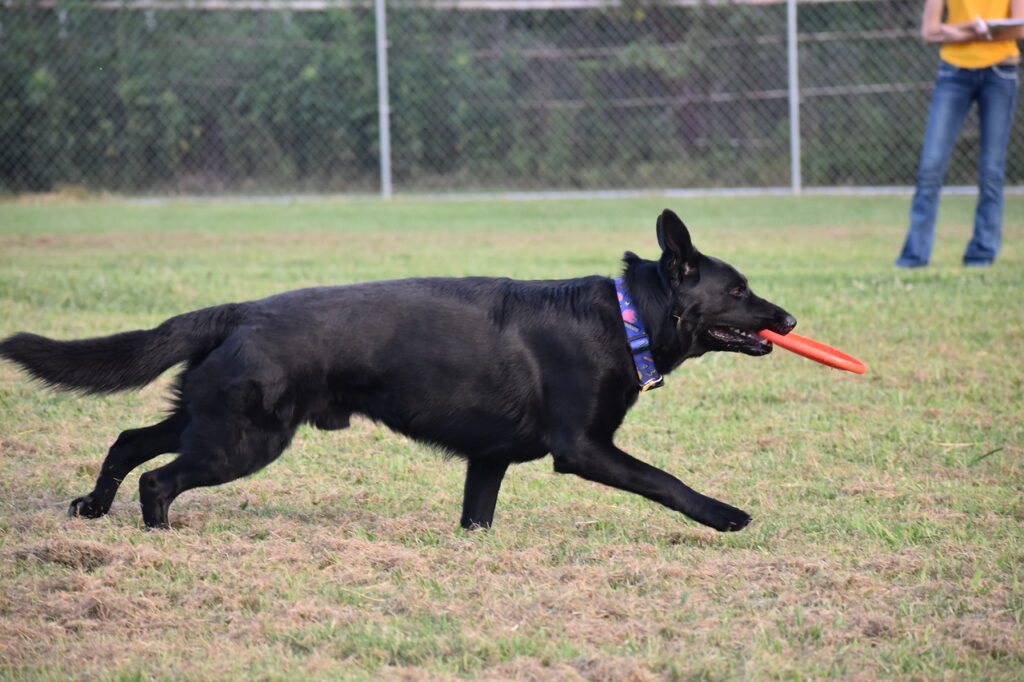
First, a super brief history of the German Shepherd Dog. The German Shepherd is a medium large herding breed in the tending style. Tending breeds work as a “living fence” by carefully trotting around large herds of sheep out on the graze each day. They also help the shepherd move the sheep from here to there, moving them through towns, on roadsides, until they reach the day’s chosen graze. This work required a dog of tremendous stamina, able to trot for hours and hours on end, intelligent enough to understand the work and to learn this work in a timely fashion, and biddable enough to restrain themselves from stressing, harassing, or bothering the stock (who need to graze calmly) while still containing them. Tending dogs often work in pairs, and must be able to be indifferent to any free roaming dogs they may come across in their day’s work.
More well known is the German Shepherd’s work as a sport dog favored for bite sports such as the sport formerly known as Schutzhund. Being titled in a bite sport OR herding has been required for prior to breeding in much of Europe since the end of WW2. Even European show dogs must have one of these two working titles to compete in the very competitive world of breed shows. This work historically involved passing a tracking, obedience, and protection test on the same day requires a dog of medium stamina, with tremendous sprinting power, enough intelligence to understand the training, and enough resilience to withstand often difficult training methods used by mostly hobby trainers ranging from unskilled to highly skilled. In modern times of course the GSD competes in a wide variety of sports, with protection sports being just a small fraction of those competing with this breed.
European FCI style breed shows have also helped shape the modern German Shepherd. Unlike the American Kennel Club shows we are used to here in the states, European dogs are gaited at the trot for extended periods of time, and are expected to show joy for this work. This means that show line dogs draw on the stamina and endurance from their tending heritage, they have tremendous joy in trotting, and are expected to gait and show for extended periods of time in very close proximity, often even bumping each other, sometimes off leash, with other dogs of the same gender, preserving the old dog tolerance the breed’s founding tending dogs had. Show line dogs are expected to enjoy this work for no other reason than the call of their owner.
While I know these histories are short and in no way due justice to the long and interesting history of this breed, they do explain the origin of our breed’s traits and some of the words that are often used to describe them and thus what type of owner and lifestyle suits them.
As I researched this blog I read about a billion other blogs and articles and lists about the German Shepherd and who is potentially a good owner for this breed and I noticed a lot of really generic words, and these often lacked really good explanations, or “real life” explanations. I’m going to run down some of these common labels, and give you some real world examples about what these words mean when it comes to living with a German Shepherd.
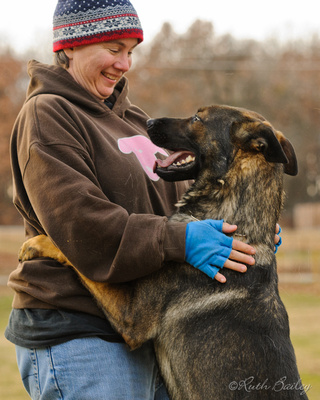
1. Intelligent: The number 1 most frequently used word I found to describe the GSD was Intelligent. Personally, I found this odd, because I just don’t think the GSD is any more intelligent than the average herding breed. All herding breeds are smart, they just have to be to learn this work, and in my experience the German Shepherd is of average intelligence for the herding group. What really sets the German Shepherd apart is it’s aptitude for training, it’s ability to forgive poor or average training skills of it’s owner, rough training techniques, and still maintain it’s keen interest in working. This determination is what sets this breed apart and very often what gets this breed into trouble with the average owner. The GSD wants what it wants, and it will pursue that no matter how difficult or unpleasant that process is.
So, instead of thinking about the GSD as some super smart dog, think of these dogs as clever dogs who are extremely determined to get what they want or need. This is great for you if you know how to harness that intensity, and control that learning. This is NOT great for you if you do not know how to do that, if you struggle with consistency, or don’t have much free time.
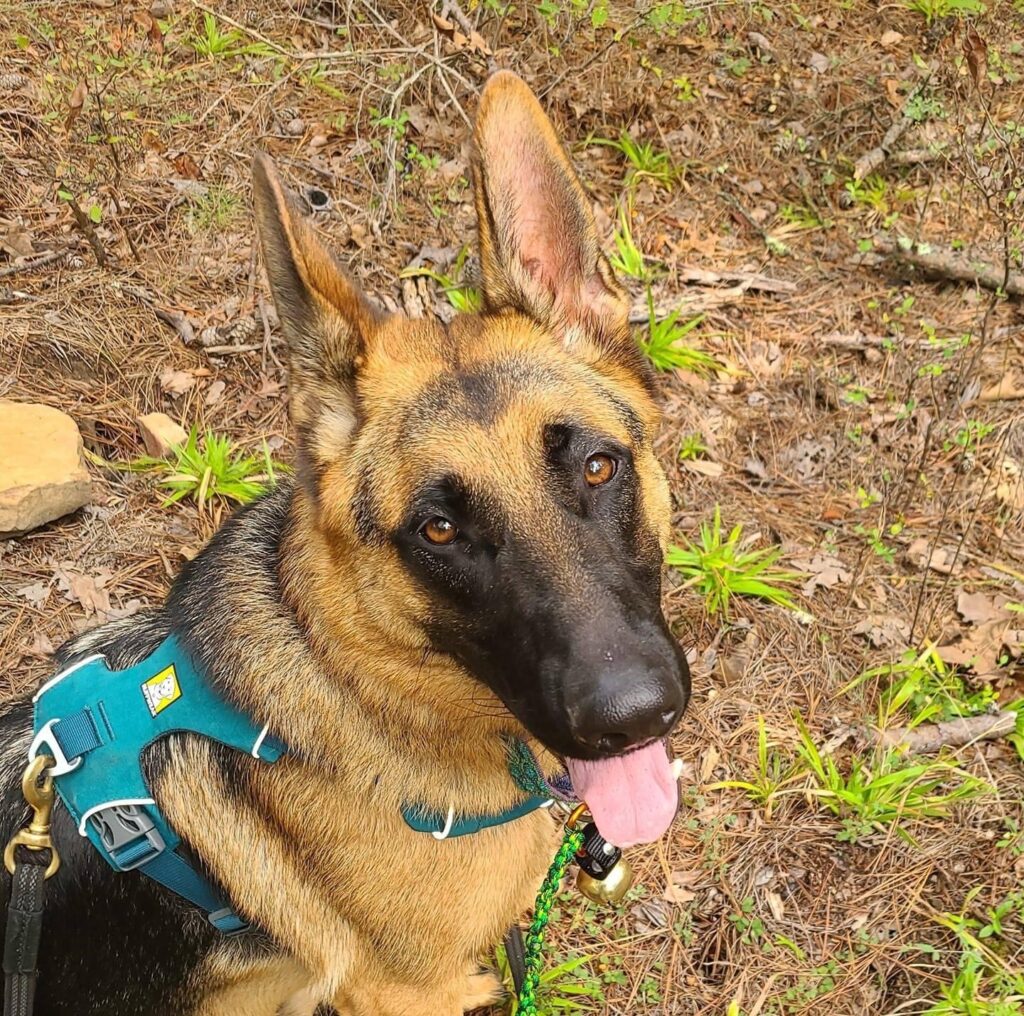
Real World Application: So what does this mean for you – the average dog owner? What this means is that if you don’t control and direct what your German Shepherd learns, it may learn behaviors that range from annoying to dangerous. Does your puppy learn that coming in when called means that you are going to leave the park? So, now your dog may not come in when you call. Does your GSD learn that children pinch or hurt or scare them? Your GSD may start to use aggression to defend itself from all children. Does your GSD run the fence line all day while you are at work, barking at every passerby, or fence fight with the neighbor dog? Oh yeah, you can fully expect your dog to do that behavior on leash too, and carry that frustration with them to walks and the dog park. “Reactive” behavior (barking, lunging, spinning, with and without fear or aggression) is one of the most common behavioral complaints associated with this breed. Much of the reactive behavior we see in the GSD is a direct result of this breed’s instincts interacting with things it should never learn, being allowed to be frustrated, scared, or practiced by running fence lines.
If you enjoy planning and directing your dog’s learning, and are good at meeting goals, you will likely do well with this breed.
This breed learns, it is designed to be active and determined, so if you don’t have the time or energy to control what your dog learns, or the interest to learn what the breed needs to know, this breed is not right for you.
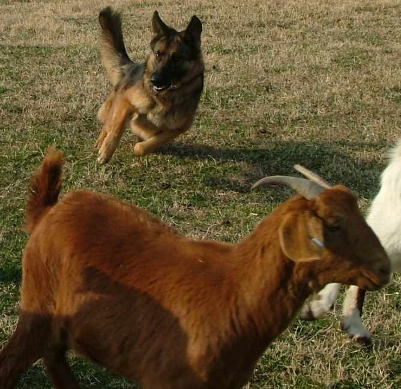
Determined on stock 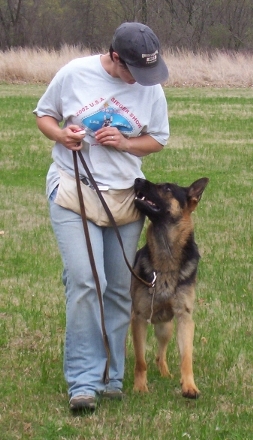
Determined in obedience 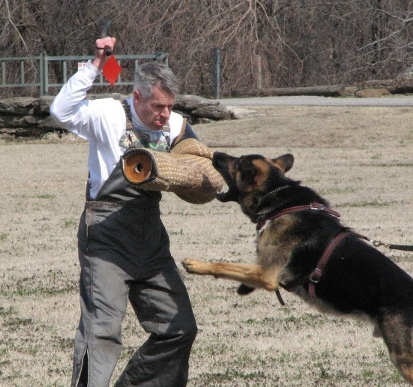
Determined in protection 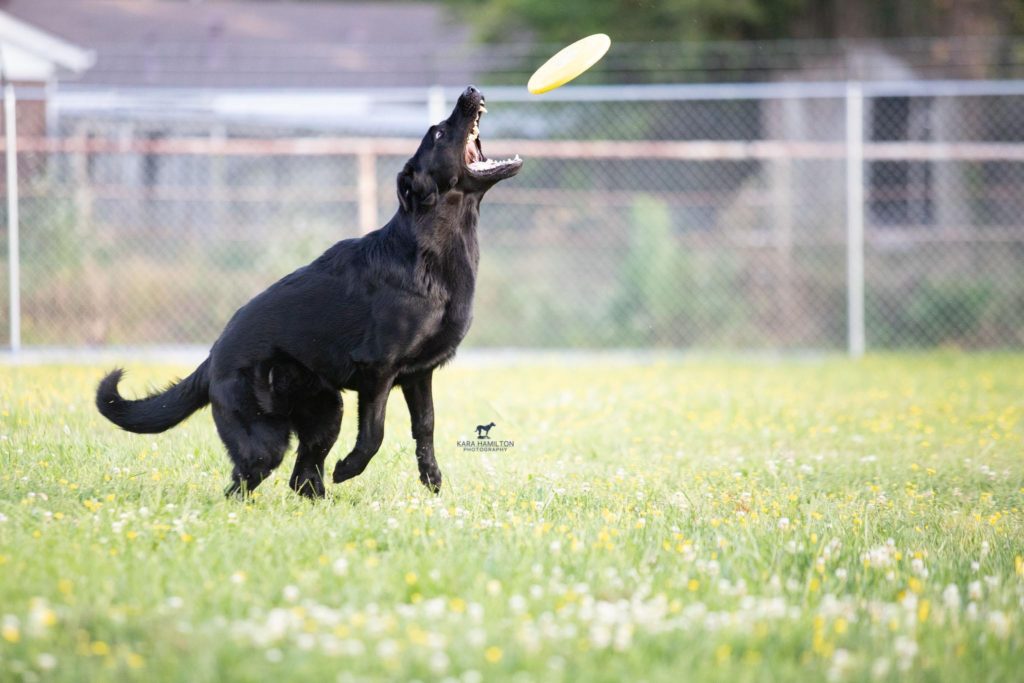
Determined to catch a disc 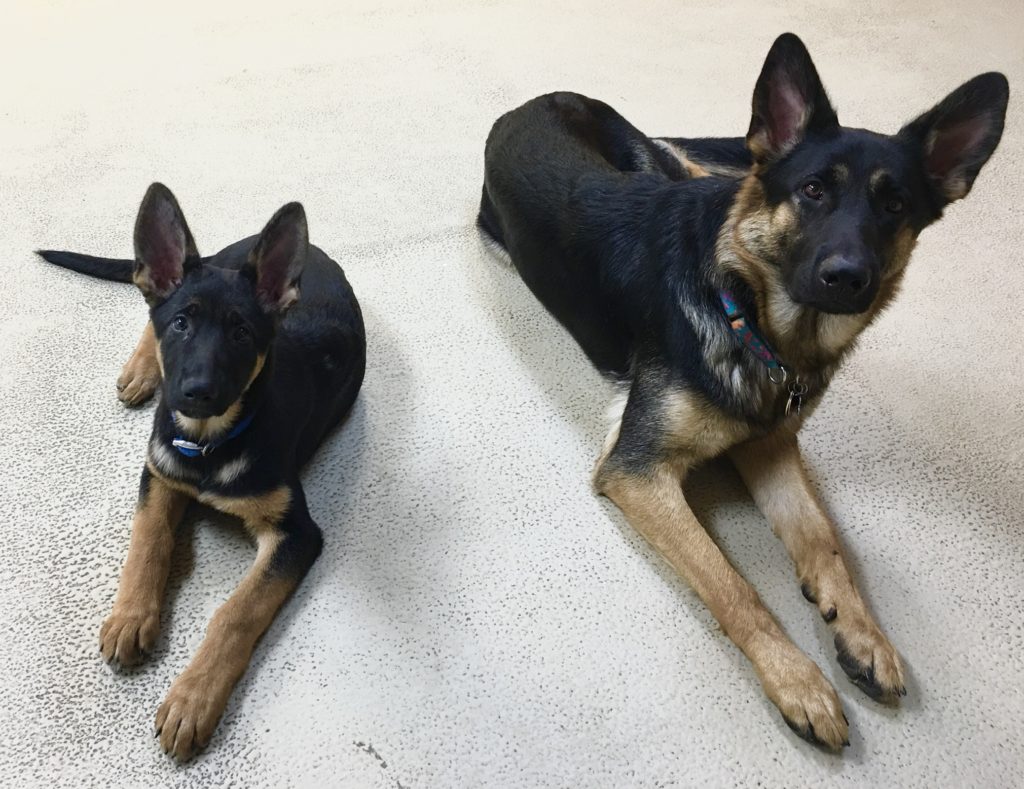
Determined to be mannerly.
2. High Energy: Another common buzzword used to describe this breed is high energy. And of course they are, almost all herding breeds and all tending breeds, have been selected for generations for their ability to trot all day long. While some sport bred or “working lines” have been selected, either deliberately or not, for their sprinting power and may be more easily satiated, the European show lines (ironically often recommended as “easier” to live with) and herding lines still posses the extreme endurance and love of movement breeders have selected for in these lines. While all herding breeds are high energy, the German Shepherd tends towards the top middle of these breeds, being lower in exercise requirements than the Border Collie, Australian Shepherd, Australian Cattle dogs and all the Belgian Shepherds, but more than the other herding breeds.
So, what does this mean in real life? While the GSD is a vast breed, made up of millions dogs, thousands of breeders, and hundreds of different lines, so variation in traits is to be expected, a healthy adult German Shepherd is a busy dog who wants to move, and move a lot.
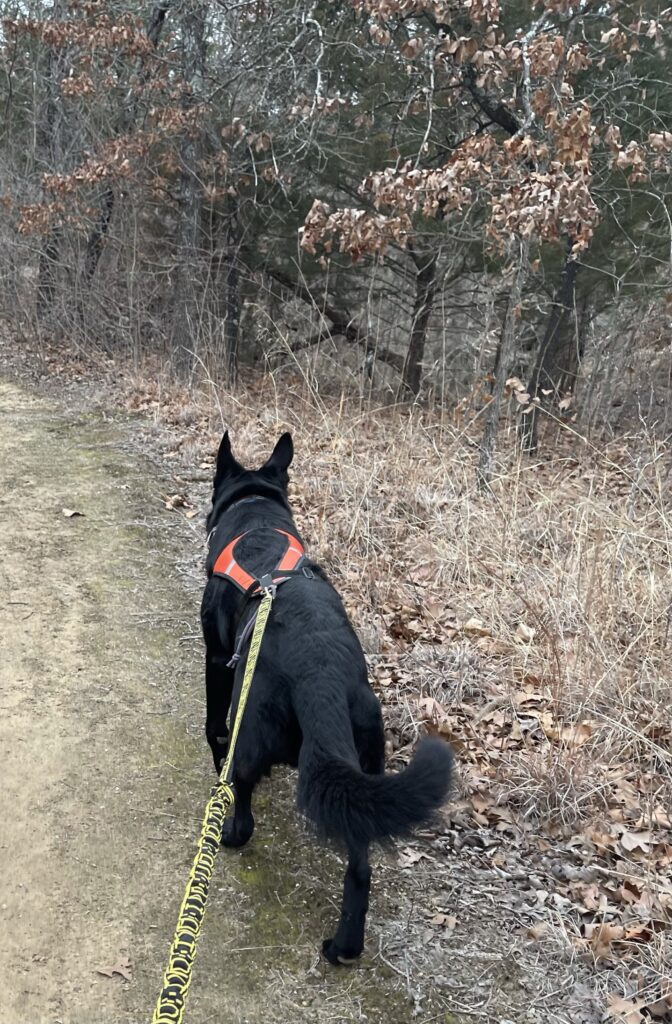
Does this mean your GSD will make a good jogging partner? You bet! If full grown and healthy, a GSD is a good jogging partner, hiking partner, or running partner. But don’t count on your dog to create this habit for you. If you don’t exercise regularly, or don’t exercise outside, a dog may not change that habit.
One of the most common problems we see in this breed is too much repetitive exercise, the kind that makes dogs mindless. From running on treadmills to overuse of fetch, mind numbing forms of exercise do not make for happy and well adjusted dogs. Like salt, such activities are best in small amounts.
When we think about the exercise needs of high energy dogs we are not talking about trashing a dog’s body by playing fetch every day after work, road working, or hours on a treadmill until the dog drops. Nor are we talking about a walk around the neighborhood after work. We are certainly not talking about a run at the dog park on weekends or every other day full time dog day care. We are talking about regularly scheduled exercise from a variety of these and other activities that is built upon long periods of free movement.
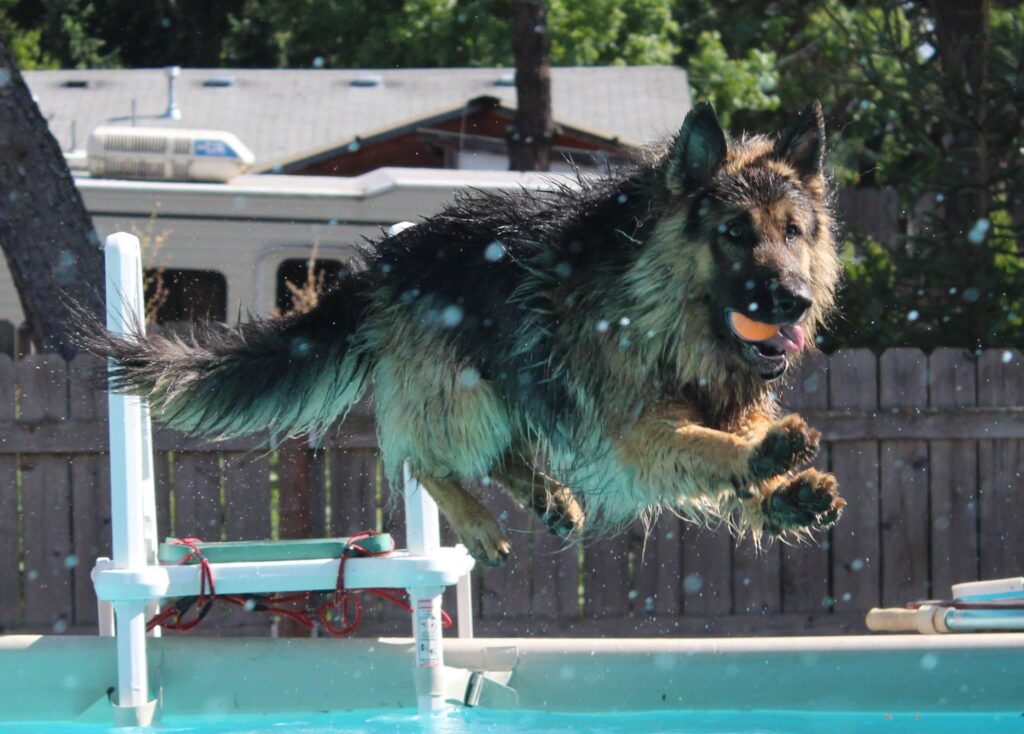
What a GSD needs is like a well balanced diet:
Lots and lots of free movement such as hiking on a long line, long robust sniffing walks on trails where the dog can stretch out and trot along while investigating all the sights and smells. Long walks through a new neighborhood, training and games that allow the dog to work independently such as scent work, tracking, shed hunting. Think of these as the exercise version of vegetables. Very healthy, interesting without being crazy exciting, and making up most of the exercise diet. This needs to make up the bulk of a GSDs exercise plan. If you already enjoy such things, awesome! You will likely do really well with a German Shepherd. If those are things you do not enjoy, this breed is going to be a challenge for you, and your dog may not be happy.
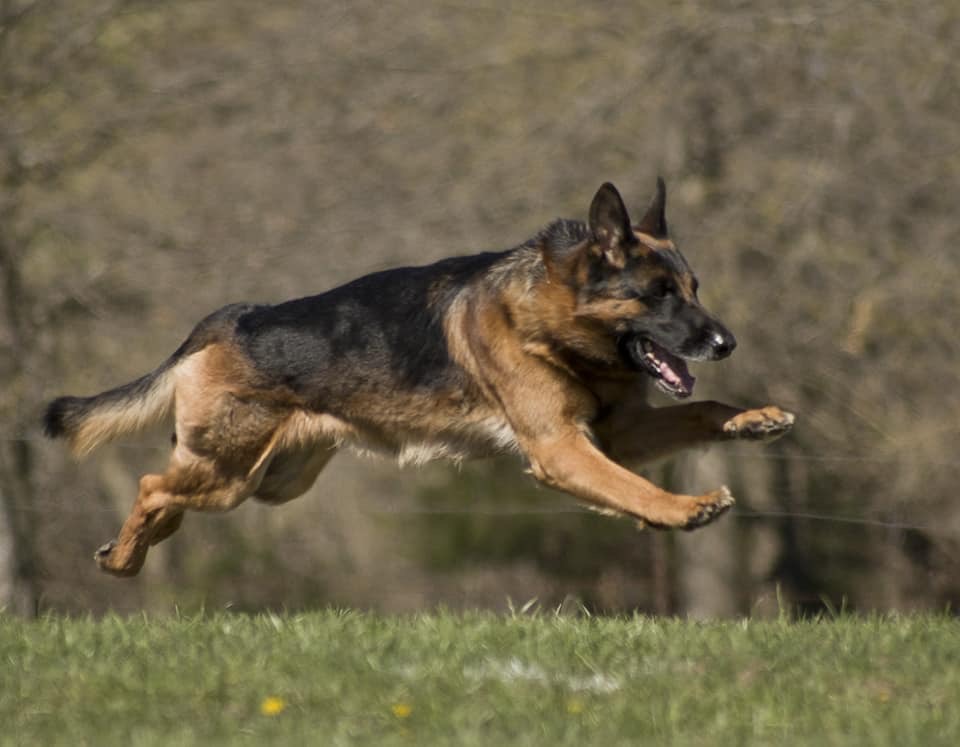
While free movement, and lots of it, is the bulk of a GSD’s exercise needs, they also enjoy and benefit from, more intense forms of exercise in moderation. Many dog sports fulfill this need, sports like agility, bite sports, obedience, competitive herding, all offer high intensity “thinking” learning and exercise opportunities.
But dog sports are very time consuming and expensive, if you do not have the time, funds, and thick skin, needed to break into the world of dog sports, another viable option that is easily accessible are canine powered sports like canihiking, canicross, bikejoring, and etc. While some of these are also competitive sports, it’s very easy to train your dog and participate just for your own enjoyment. If you already enjoy such activities, you are an outdoorsy person, with lots of free time to travel to trails, to hike, or camp and want to include your dog, this breed is great for you.
But it’s not just about physical exercise, the GSD needs mental exercise and enrichment as well. Training and exercise are two forms of exercise that offer enrichment value, but every meal offers an opportunity to give our GSD an outlet for it’s natural species specific behavior, as well as it’s inherited breed traits.
So, if you would enjoy providing enrichment activities such as those found on the AniEd 100 Days of Enrichment Website (and FB) group your GSD will be happier for it.
If those activities and needs sound like a burden, or an activity that would cause tension or stress on your family time or budget, then a GSD might not be for you. If you don’t like to spend time outdoors, live in an urban area where open spaces are not handy, if you work long hours, don’t have a yard at all, or have a busy schedule of commitments already straining your free time, this breed at this time may not be right for you.

Finally, yes, a GSD will likely love playing fetch, and tug, and some even enjoy a day at daycare or the dog park, but such activities are like dessert, best enjoyed occasionally, and best not to over indulge.
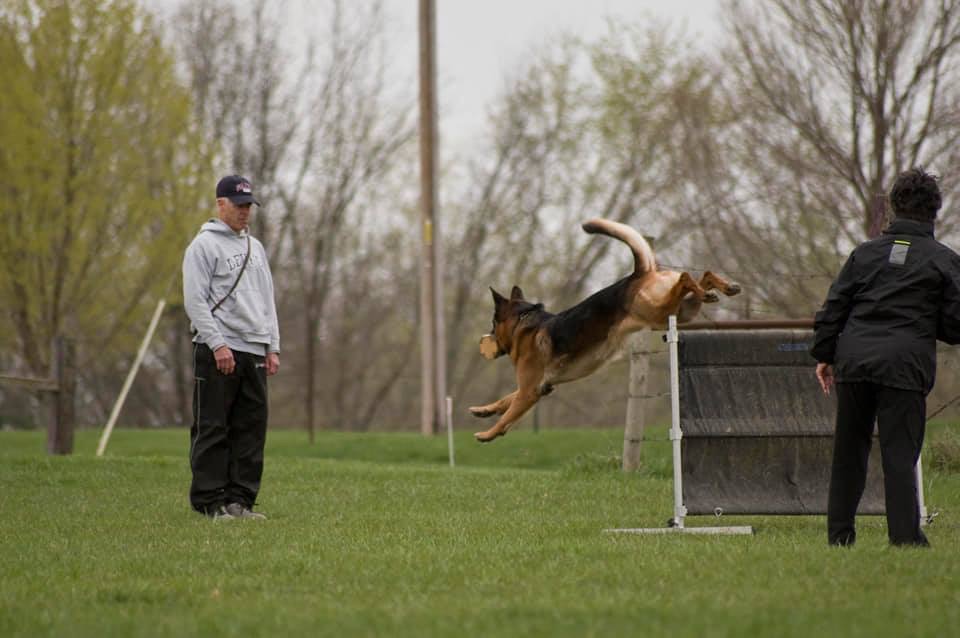
3. Along with High Energy we often find the words “needs a job” or “needs to work” and while the meaning of these phrases depends greatly on who is uttering them, the grain of truth at the center of what is usually a long winded one sided discussion about how that person is an awesome dog sport trainer and thus knows everything about the breed and dogs, is that like all large and powerful dogs the GSD needs some serious skills to be a fun and pleasant companion. Think about all those needs we have already talked about.
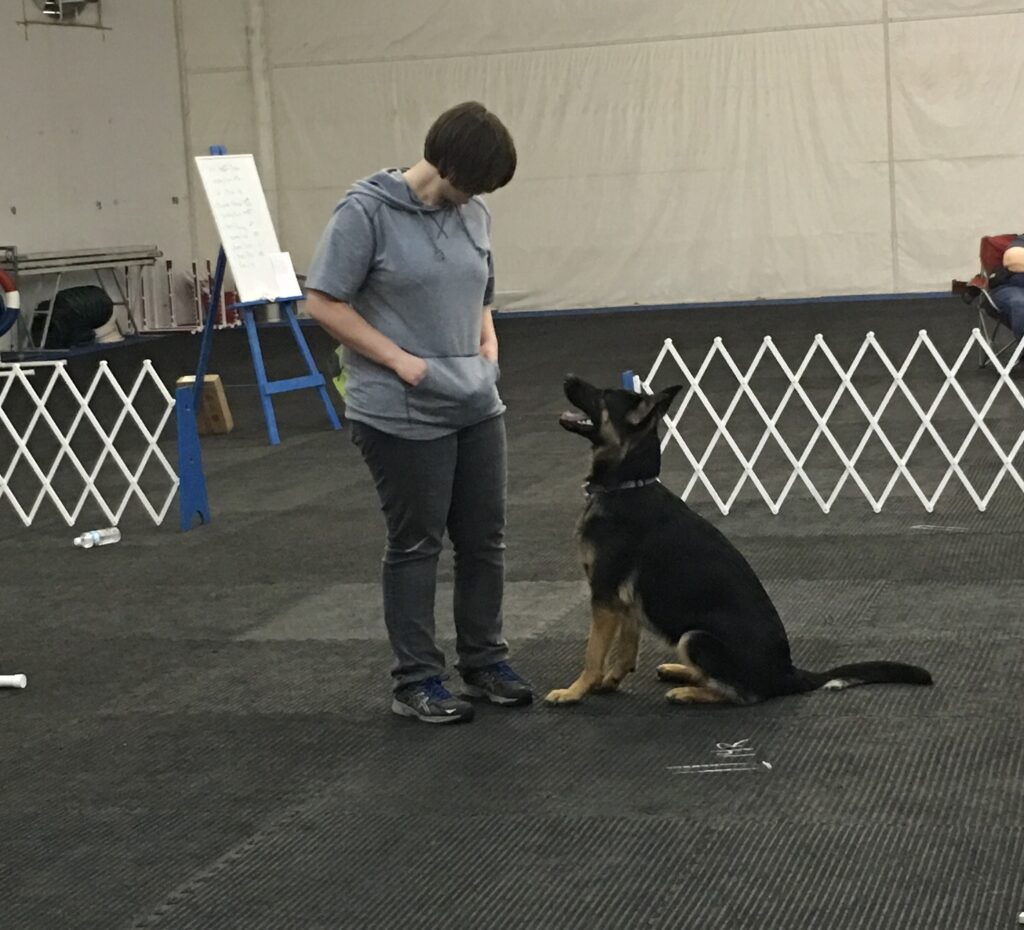
Exercise in wide open spaces, on a long line or if appropriate offleash, around town for exploration walks, at training classes or clubs, remember all that your dog can’t enjoy these activities if YOU have not taught them the skills they need. Lack of training sentences a large dog to a small, boring, and diminished life at home, lack of manners, boredom, excessive energy, can lead to frustration (ie barking, aggression, compulsive behaviors) as the dog seeks to meet it’s own needs.
Frustrated, frantic, unhappy dogs are difficult to manage and often labeled as stubborn, dominate, hard, and this can lead to the use of painful training devices in an attempt to control the dog or “teach it manners” and such devices and their use often end with even worse behavior and welfare.
If you would not enjoy spending time EVERY DAY working with your GSD and teaching it skills, practicing those skills, and teaching more skills, this breed is not a great choice for you.
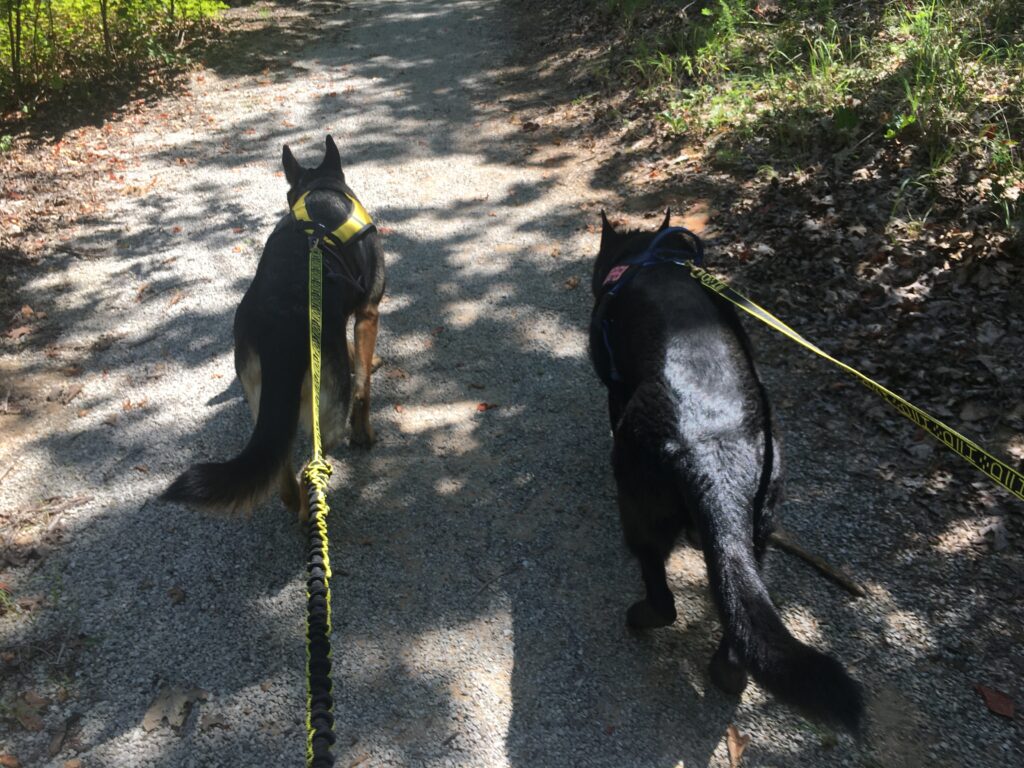
German Shepherds don’t need “a job”. They need skills, life skills primarily, that enable them to have a full and rich life, and allow them to have their considerable exercise, enrichment, and learning needs met. Teaching and practicing skills takes time and hard work, if you have both, the time and the enthusiasm to devote to this work , this is the breed for you.
4. The GSD “needs a leader.” This hearkens back to the old debunked dominance philosophy of dog behavior, that dogs are wee wolves and we should pretend to be dogs to boss them around, otherwise they will never be happy. And while some trainers and celebrity trainers are still cashing in on the old dominance/alpha philosophy, the rest of the dog training, dog behavior, and scientific community has left this nonsense behind.
While dominance/leadership/alpha philosophy is baseless and just plan mean, and while dogs don’t need to be bullied to be happy, they do need a owner they can trust and have a strong bond with. The best way to build a strong bond, and to earn a dog’s trust, is by being safe, predictable, and competent.
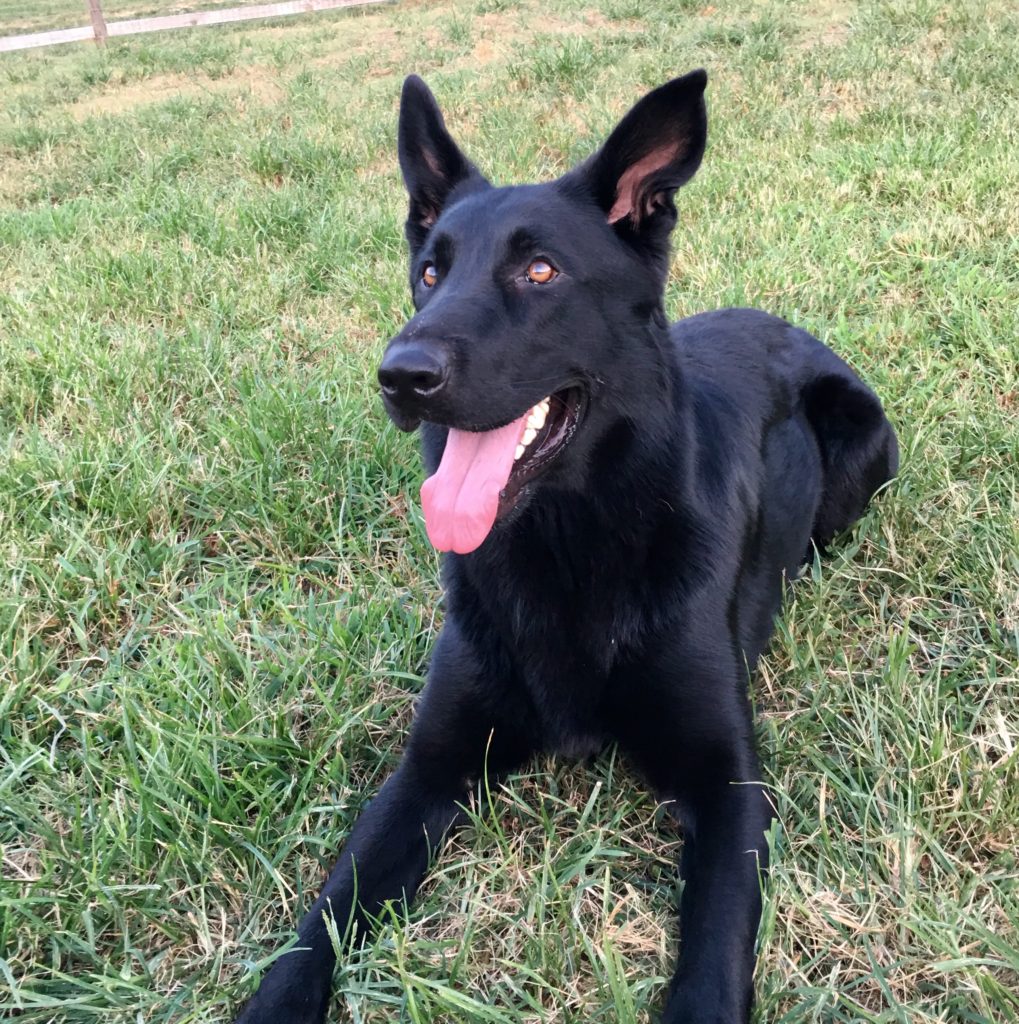
If your dog learns you are unsafe to be around,because you do scary or painful things to them, they will not trust you.
If your dog learns you are unpredictable, if you praise and punish the same behavior, they won’t trust you.
If your dog learns you are incompetent and doing what you ask leads to scary or painful things for them, they won’t trust you.
German Shepherds don’t need a leader but they do need a kind, predictable, and competent owner. If you cannot provide those things this breed may not be for you.
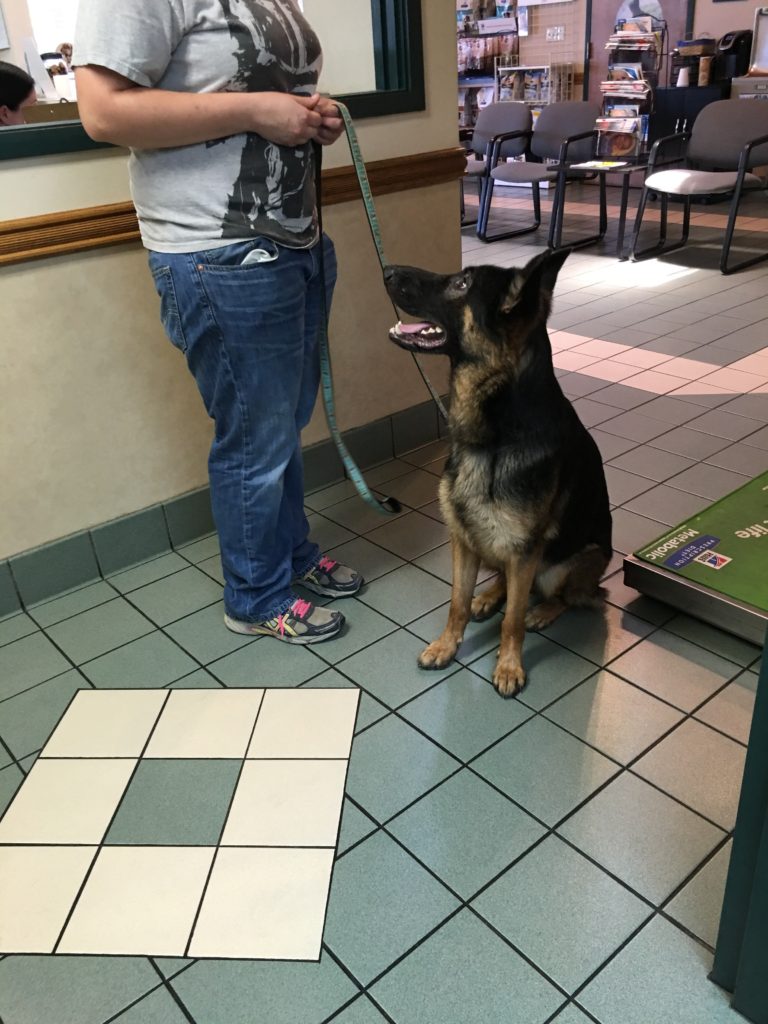
5. One thing almost everyone agrees on is that the German Shepherd is a big dog, with big hair. Now, what does this mean?
Big dogs need big crates, big toys, big chews, lots of dog food, and everything medical cost more due to their size alone. Boarding and day care will be more expensive.
So, if you have a family member who is afraid or uncomfortable around big dogs, someone who is frail, or if you are looking for a dog for your kids, this is not the best breed for you.
And the hair, yes, the German Shepherd sheds. They shed a LOT, they shed all the time, and it will never end. If you don’t want dog hair on your stuff, in your car, on your pants, this is NOT the breed for you. There is no way around it, this breed is a walking hairball.
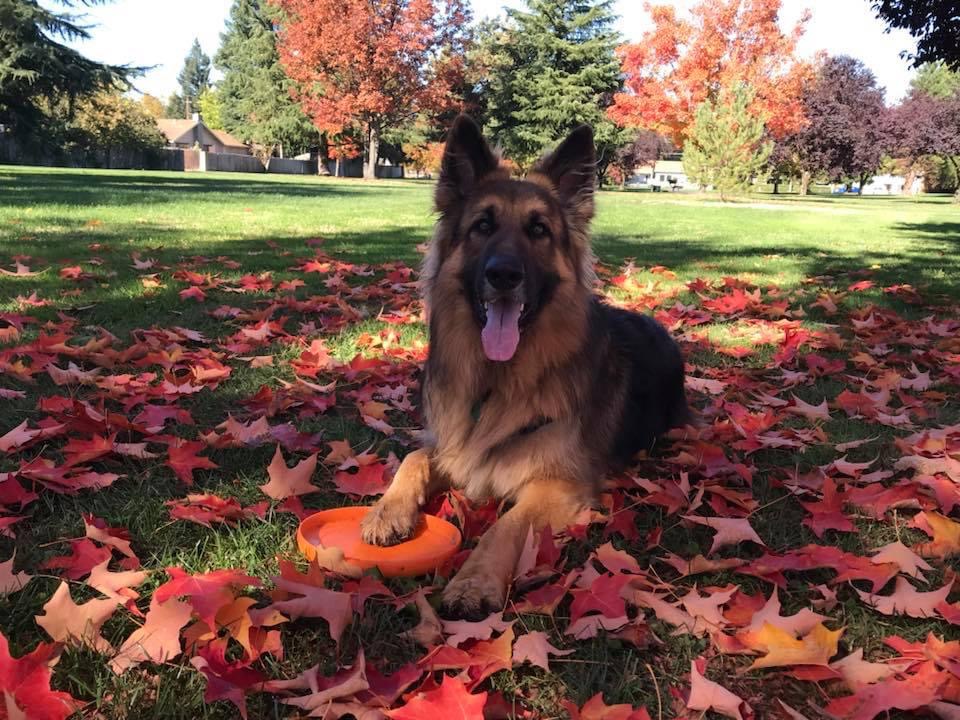
While stock coat GSDs have a pretty low maintenance coat, requiring only weekly or monthly brushing, the increasingly popular long stock coat GSD requires the same time consuming grooming of a rough collie. As breeders are increasing breeding long coats for showy coats they are getting more and more hair. Expect to brush out a long coat GSD every day or their coat mats. NO, you can’t shave them, except for a sanitary trim (yes, some long coats are being bred for so much coat they now require a professional groomer to give them a sanitary trim or they will urinate on their hair and feces can get stuck on their bum) once or twice a year. They need to be brushed out to avoid mats. Long coat is softer than stock coat, so expect burrs, stickers, rocks, and small pets to all become entangled in the abundant coat.
To be easy to groom ALL GSD’s need to be taught to tolerate brushing, ear cleaning, burr removal, and yes, even nail trimming.
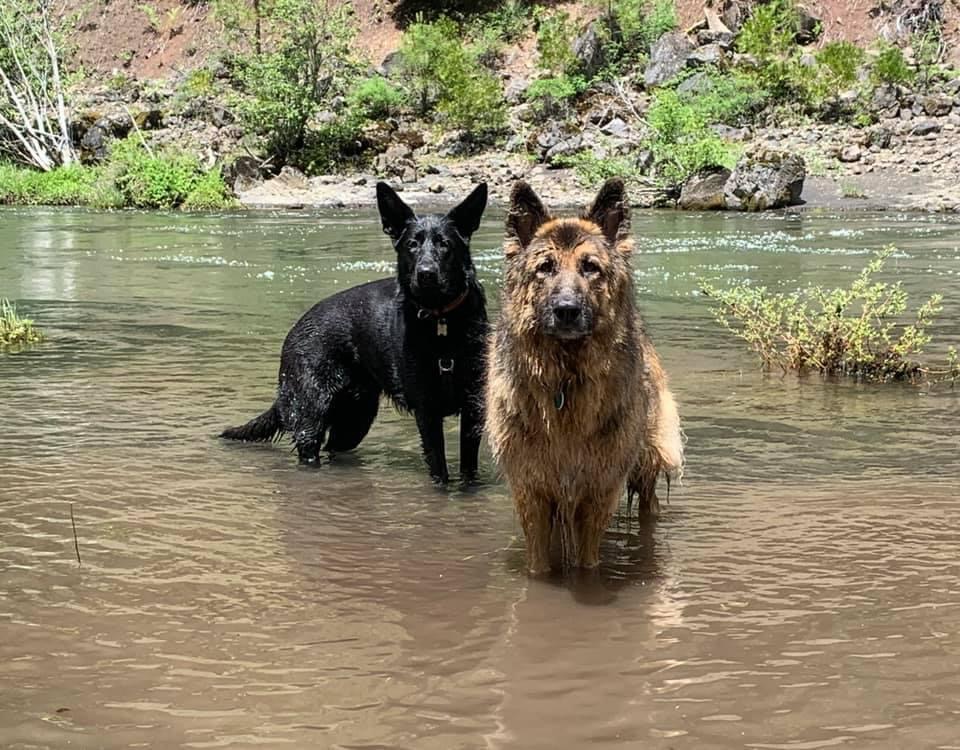
But can’t the dog just live outside? That leads us to…
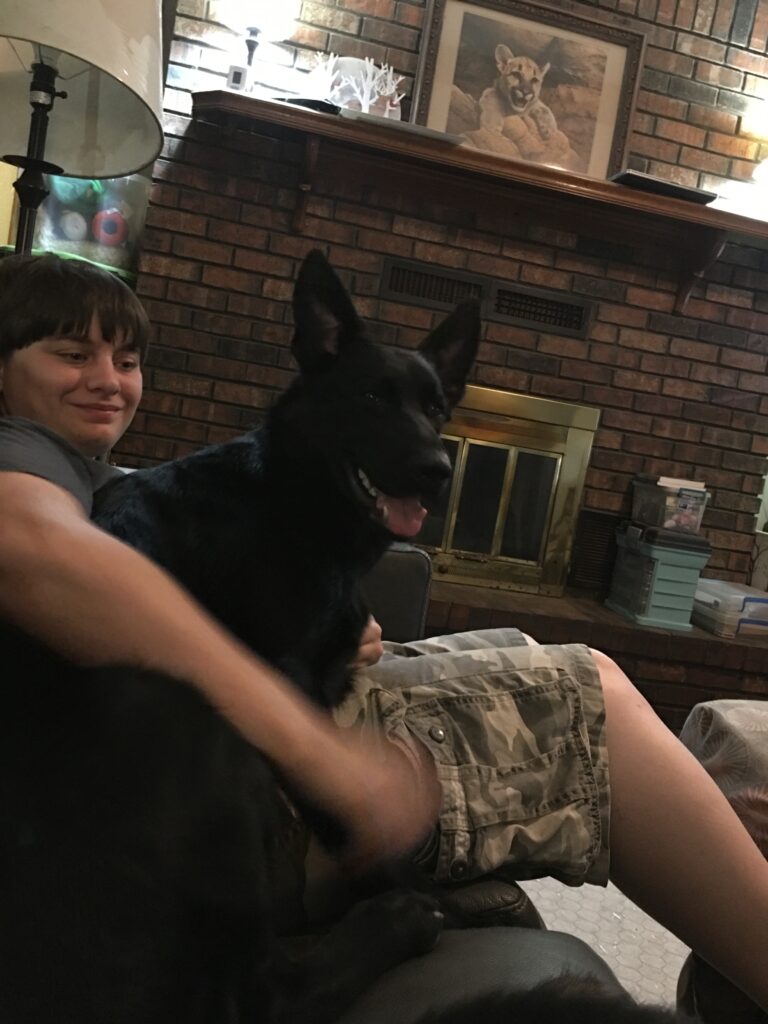
6. The German Shepherd Dog is highly social and loves it’s family passionately. We often hear the GSD described as “loyal” and they are, so what does that mean in real life?
This breed was designed to spend all day with the shepherd, tending the flock, then after the stock were settled back on the farm for the night, the dog goes with the shepherd home to spend the nighttime with the family. This is not a breed that ever needed to spend time away from it’s shepherd and family and that is the root of it’s highly social nature to this day.
To be happy and well adjusted the GSD needs a loving home environment. This means your big hairy and muddy dog can’t just be left outside because that is convenient. Isolated this breed quickly loses mental health and is prone to a variety of compulsive behaviors, such as barking, pacing, digging, spinning, shadow chasing, and fear aggression. If you would not enjoy having a large hair machine in your home, on your furniture, in your car or bed, this is not the right breed for you.
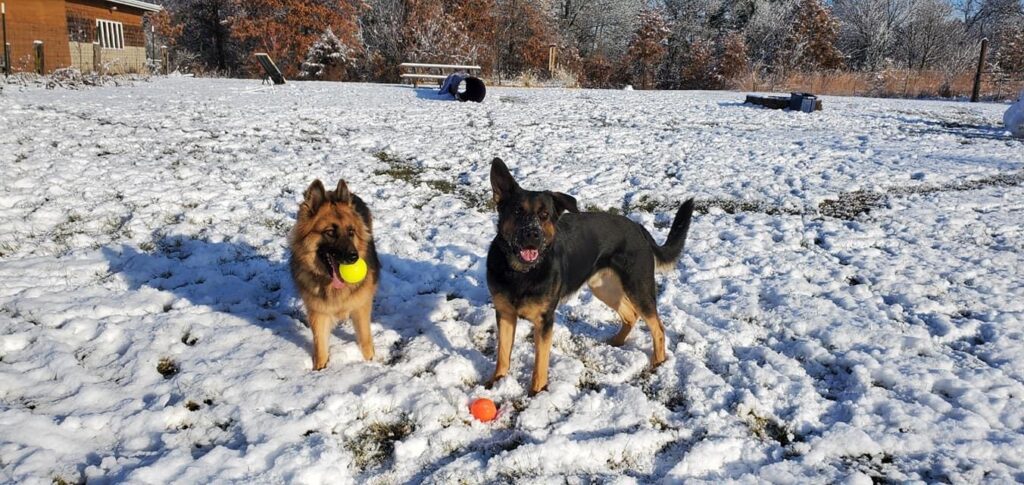
When not bred and raised effectively this breed can also develop separation problems, these can lead to highly destructive behavior, and a phobia of being alone. This just highlights the importance of finding a reputable and skilled breeder AND doing the needed training and exercise.
While this breed is intensely loyal to it’s family and familiar friends, the breed is not always open or interested in making new friends. While this is a correct trait for our breed, what does this mean in real life?
What this means in real life is your GSD may not like their vet, they may not like your step kids that visit only in the summer, or your relatives that come for Thanksgiving every other year. They might take offense when the plumber comes inside too.
At the extreme end, some GSDs will be aggressive to strangers, or afraid of them, at the other end they might be neutral (as our standard describes) or neutral but easily offended. Where a particular dog falls on the spectrum, from friendly to aloof to suspicious, depends greatly on the traits they inherit, but also on what they learn when they are trained and socialized.
If you want your GSD to welcome your step kids each summer you will need to do A LOT of work socializing your puppy around children, and be darn sure your puppy has a GREAT time and only learns that kids are safe and fun. Want to have strange adults in your home at the holidays? Be sure sure you think about that when your dog is a puppy and spends a lot of time having company over when your puppy is little. Want your dog to be easy to handle and manage at the vet? Start training that day 1! So now we are back to training and planning again.
Are you excited and looking forward to spending time teaching your dog these skills? It’s never ending work, and if that sounds perfect and something you would LOVE to do, then this breed is for you.
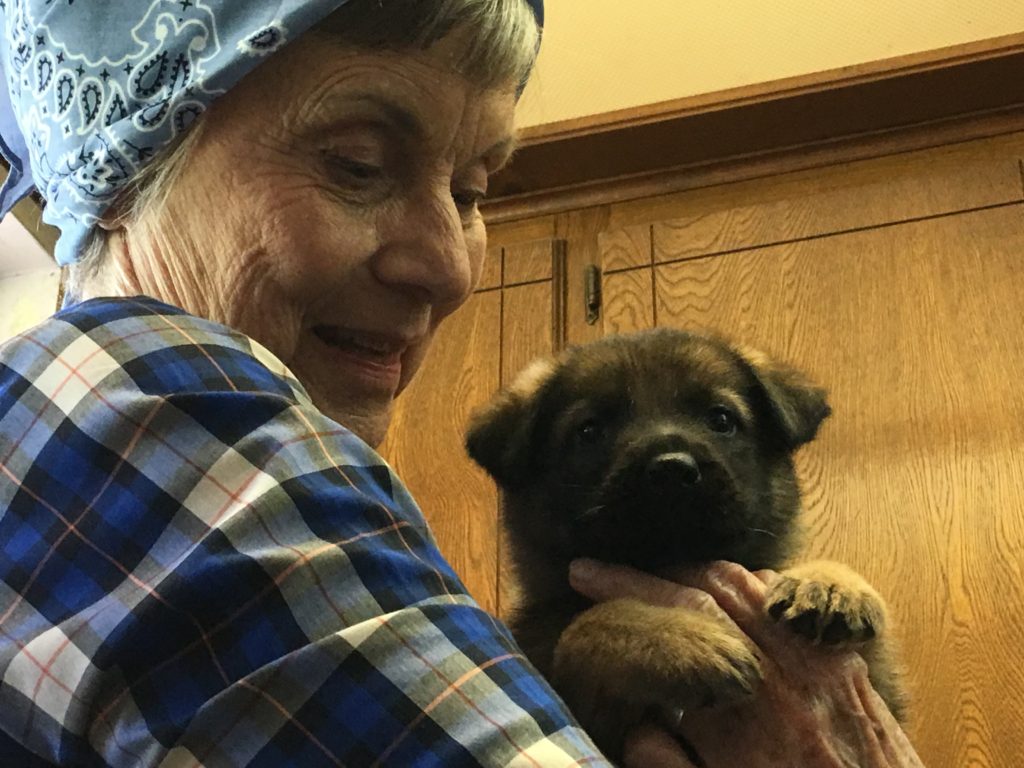
Where a particular GSD falls, between friendly goof and serious as a mafia hit man, depends on both it’s inherited traits, mental health, learning, it’s pre and post natal environment, and early life socialization. So choose your breeder wisely
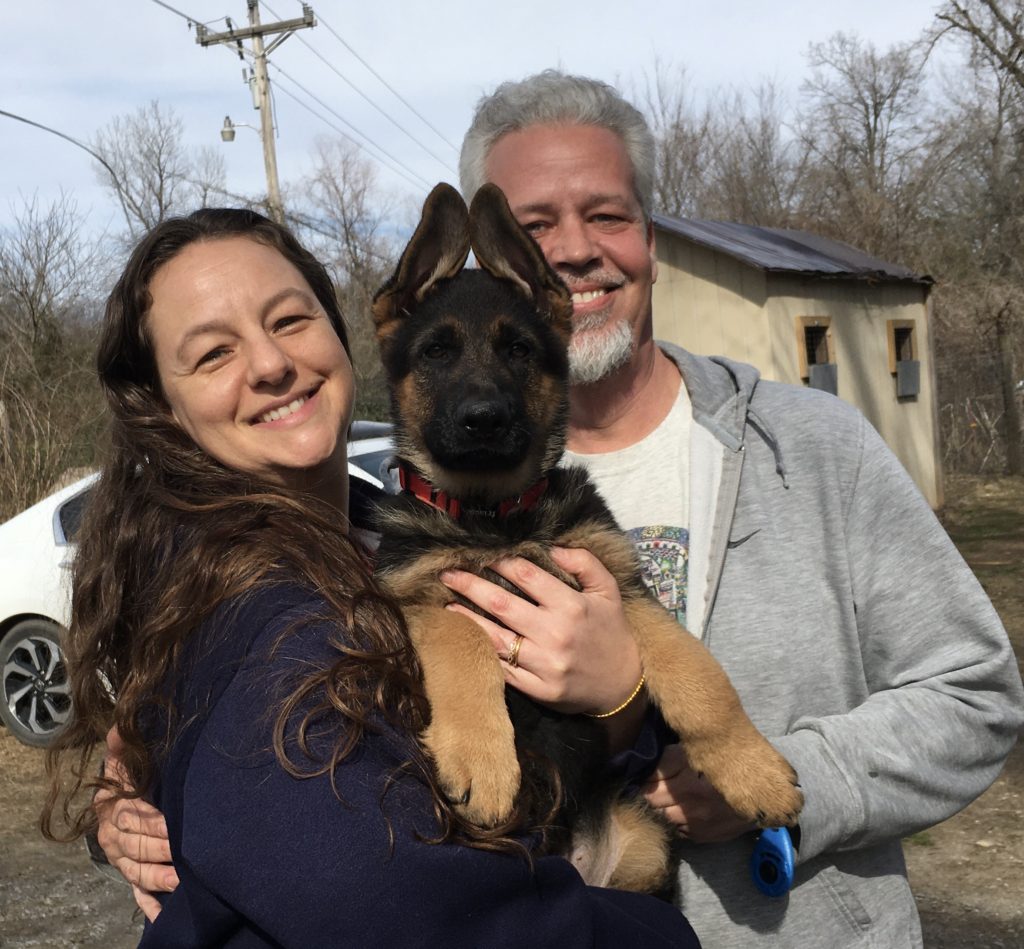
So, just what type of home IS great for a German Shepherd?
- Are you the type of person who loves to plan things? Do you enjoy making goals and meeting them? Do you find it easy and enjoyable to do things on a schedule? If so you will likely also enjoy making and sticking to a training and socialization plan for your GSD.
- A person or family that already spends a considerable amount of time outside, in natural places, doing activities that can easily include a large dog. Do you hike? Camp? Have a very large property that you enjoy tending? Do you walk every day and love to go walk in different areas? Do you live in a suburban or semi rural area with a plethora of parks and trails and wide open spaces to exercise your dog? Heck yeah! You will find it easy and fun to work a GSD into your lifestyle. If you describe yourself as outdoorsy, if you have designed your life to include natural places and exercising outdoors even when it’s cold or hot, the needs of your dog will line up nicely with your current habits.
- Do you already enjoy learning about dogs and dog behavior and training? Are you spending time watching You Tube, or reading books, podcast, blogs about animal behavior and training? Do you have a history of training dogs as a hobby, for sport, show, or just for fun? If you are already devoting your free time to consuming all manner of dog related content you are very likely to enjoy spending that time actually training and practicing with your dog.
- Are you someone who enjoys your dog as a friend more than a follower? A partner more than a subservient? Are you empathic, patient, and understanding of Big Emotions? If so, you’ll do great.
- Do you like big dogs and don’t care about dog hair? Yes, awesome!
- You are already disciplined enough to make and stick to a socialization plan that will allow your GSD to be socialized effectively to the things and situations you need them to enjoy or tolerate as an adult dog? Yes, fantastic. You have the “plan and proceed” habits needed.
- Do you have the patience and tenacity to find a reputable breeder and Fear Free Vet? Can you afford to purchase and care for a well bred German Shepherd for a decade or more? Good.
- Are you interested in and willing to commit to using modern, low risk, positive reinforcement based training methods with your dog, and working every day to reinforce habits and behaviors you value? Yes, perfect.
- You are prepared to care for, train, socialize, and love your dog for a decade or more, even if your dog sheds buckets, is poorly, or otherwise fails to meet your expectations? Yes, excellent, because committed owners are how dogs stay out of shelters.
- You are already active, outdoorsy, LOVE getting out there and doing All The Things, and WANT to make room to do these activities with your dog.
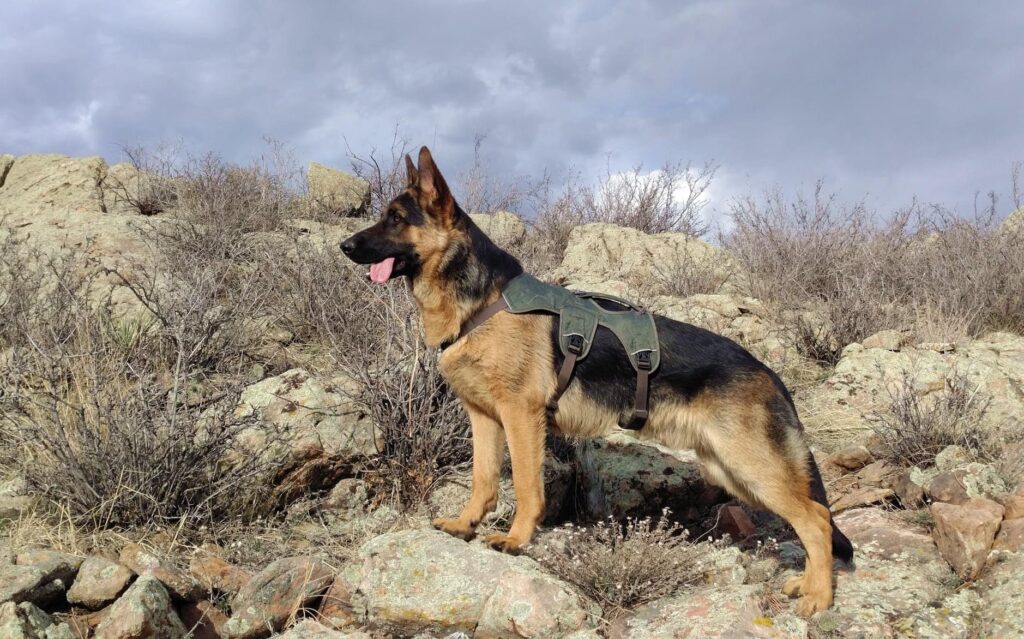
Not sure?
If you are not sure if you can do all the things a German Shepherds needs, “try one on” for a while.
You can volunteer to foster a dog in need for a local rescue or shelter. This doesn’t have to be a GSD, just treat it like one!
Not able to foster? That’s OK, you can still “try on” the responsibilities of ownership.
1. Start putting aside funds every month for dog supplies, such as food, toys, enrichment items, training classes, veterinary costs and etc. While this will be different in different areas a good rough average for the first three and final five years of a GSD’s life would be $250 per month.
2. Start putting aside TIME. If you are planning on exercising your GSD every other day during the week and daily on the week end then take that time and GO to those locations and walk, hike, or run. If you cannot maintain that habit now, it’s likely you won’t be able to maintain it later either.
3. Start attending local training classes in person (or join a dog club) and go without a dog. You can often audit for free, or pay a reduced fee to audit. This is actually a great way to check out local trainers or clubs.
4. Start taking some online classes, work through the content with a foster dog, a friends dog, or no dog at all, just devote that time to learning.
If you find that those tasks are enjoyable and fulfilling for you this breed is likely a great match for you. However, if you “never get started” or can’t maintain these habits, or you just find them a burden instead of an enjoyment, then this breed is likely not right for you and in this process you will likely be able to more easily identify what traits you would most enjoy in a companion dog, because there are so many wonderful and diverse dog breeds, there is no reason to choose one that won’t fit your needs.
Still not sure? Contact Us to learn even more about this amazing breed.
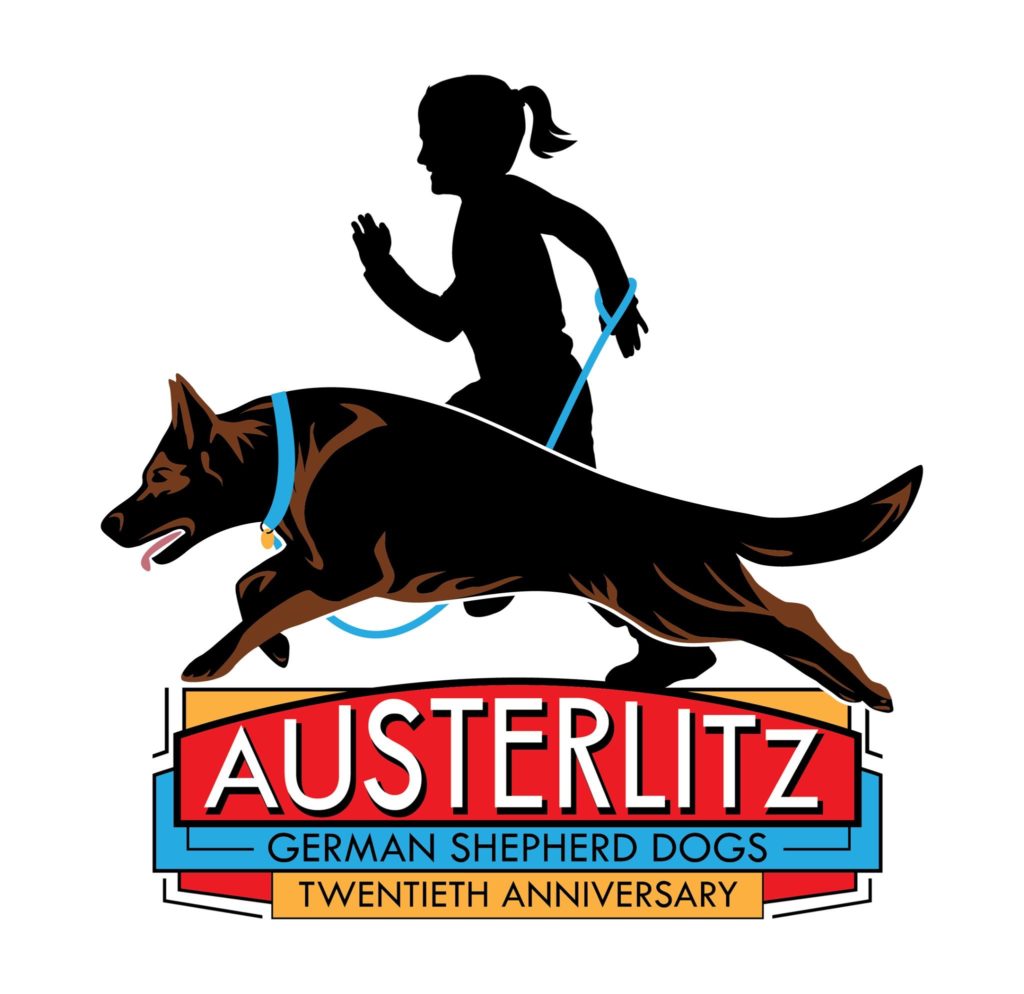
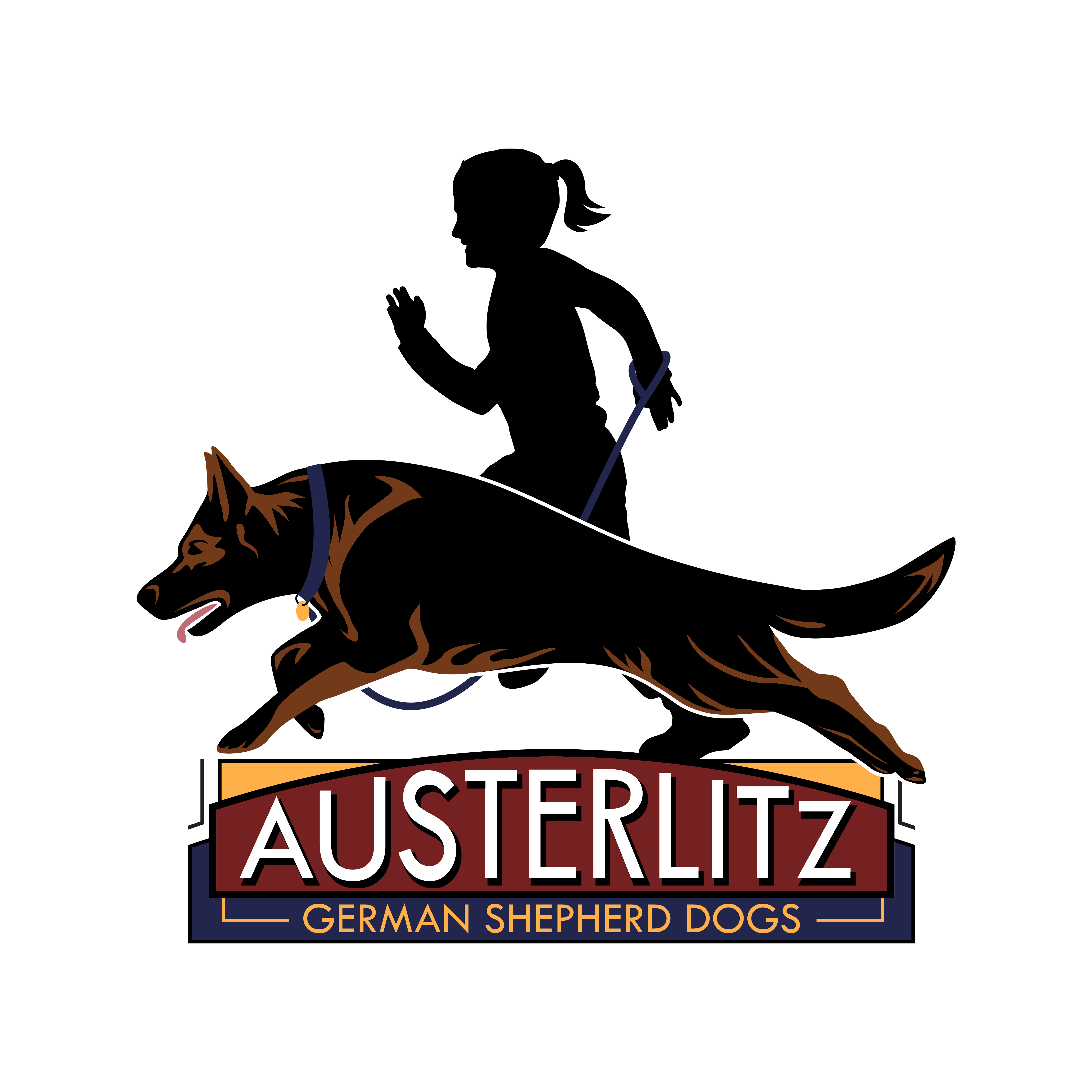


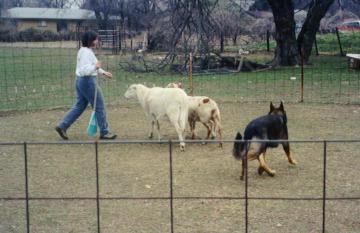

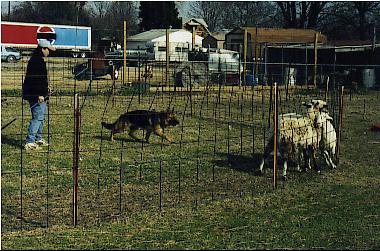
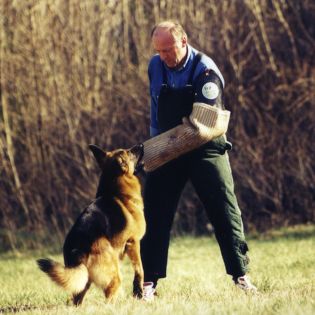

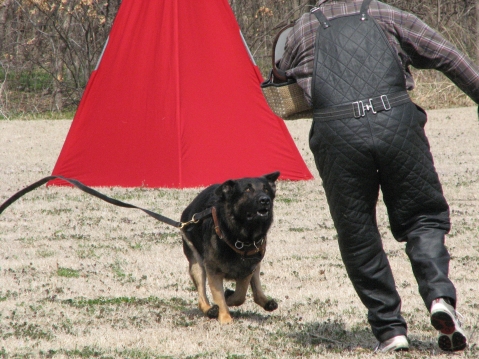
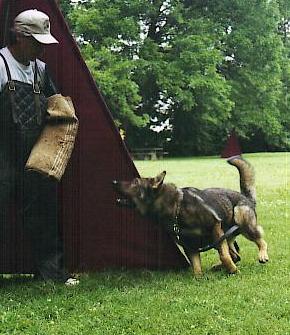
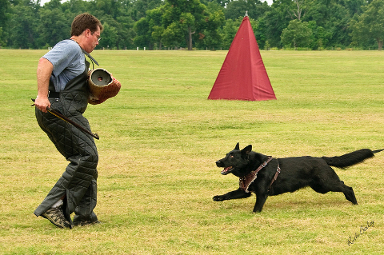
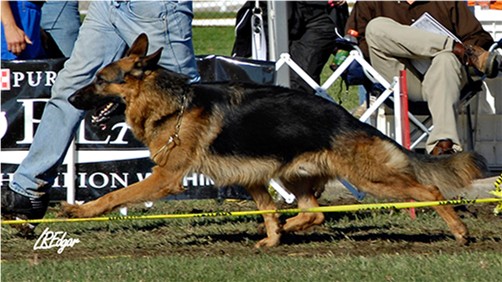

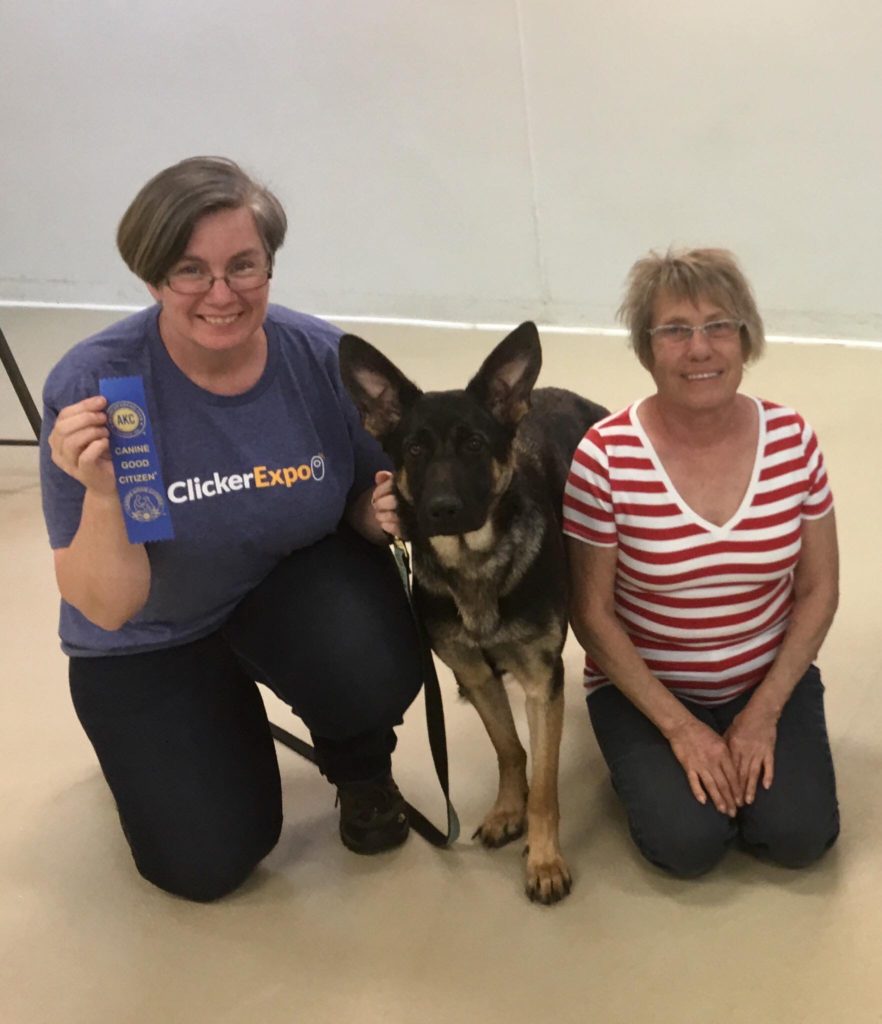
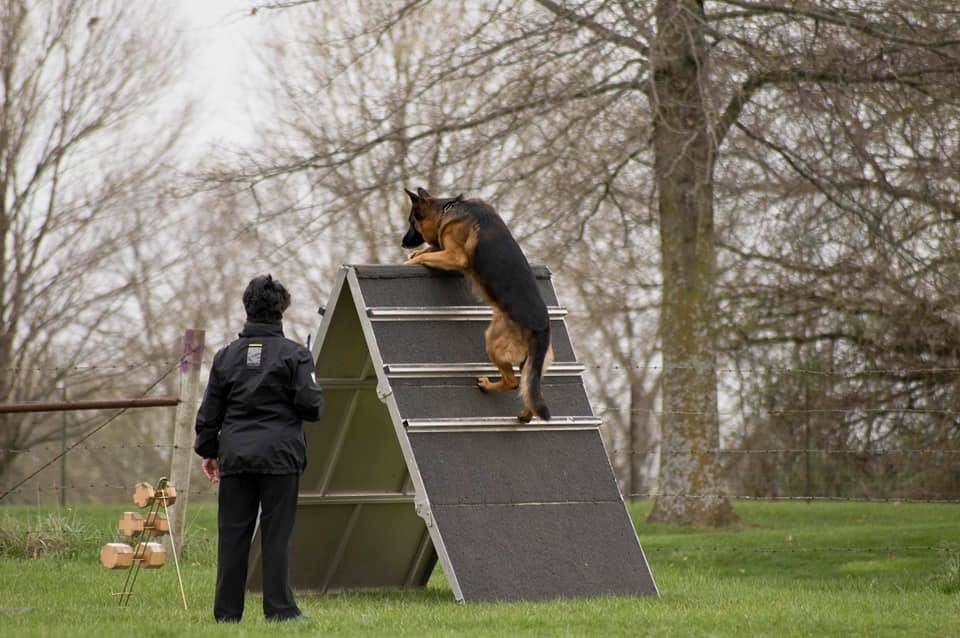


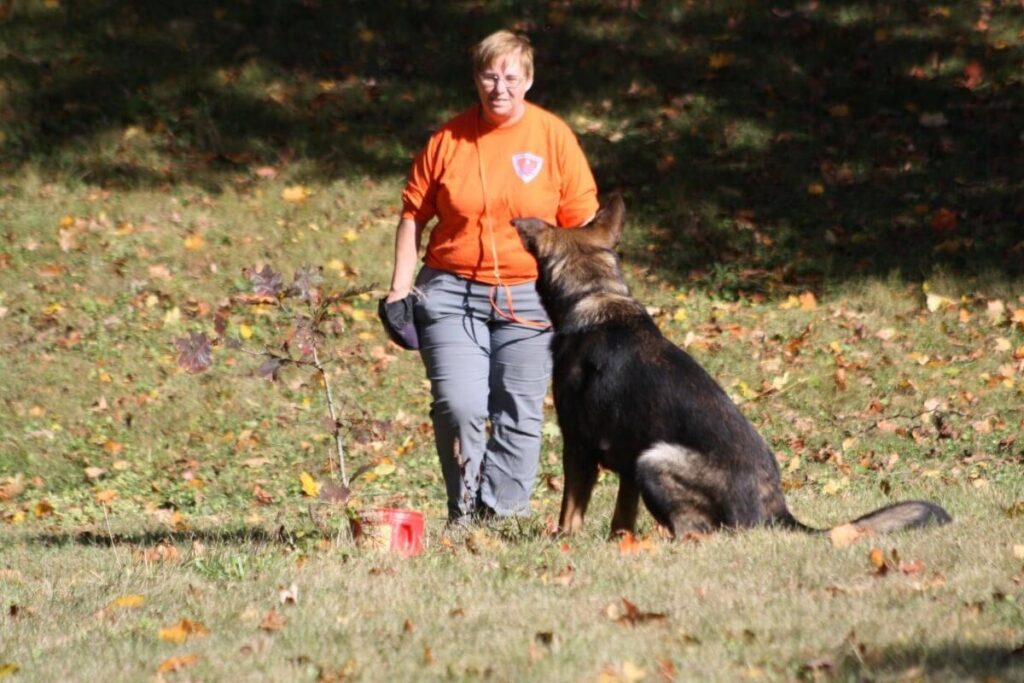
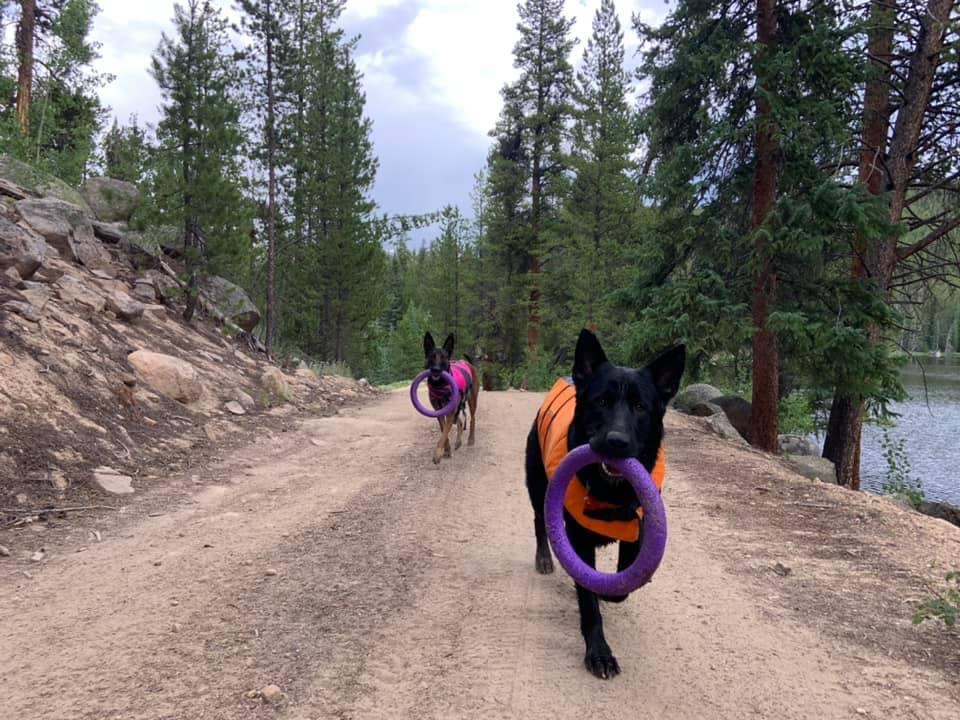
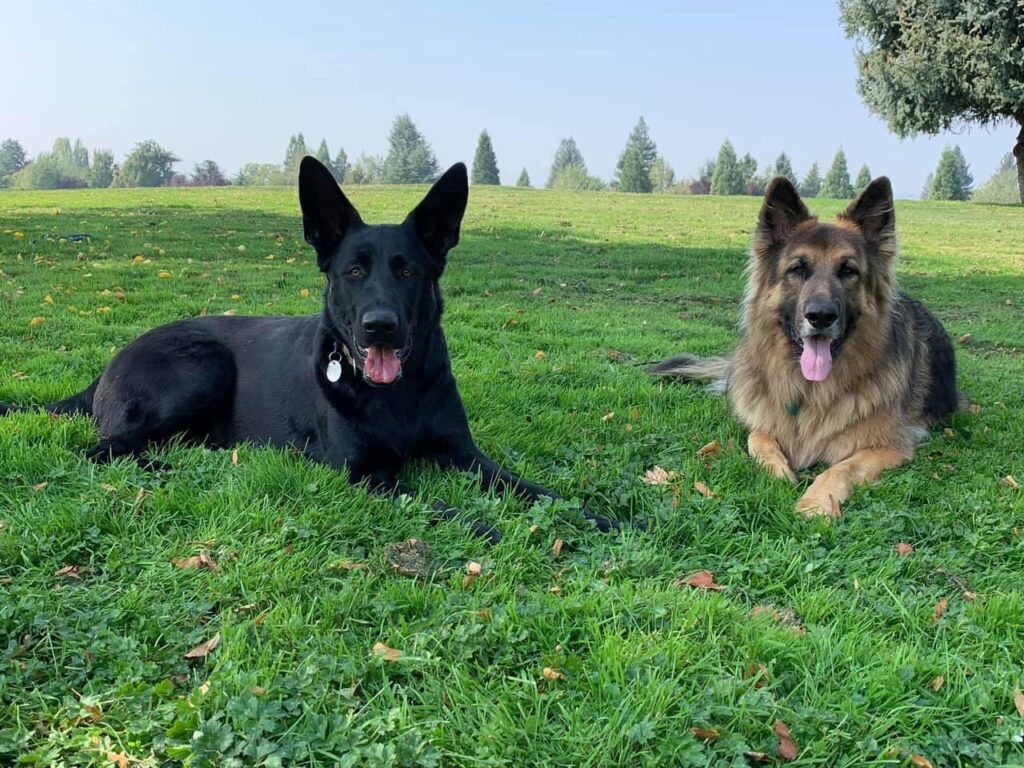

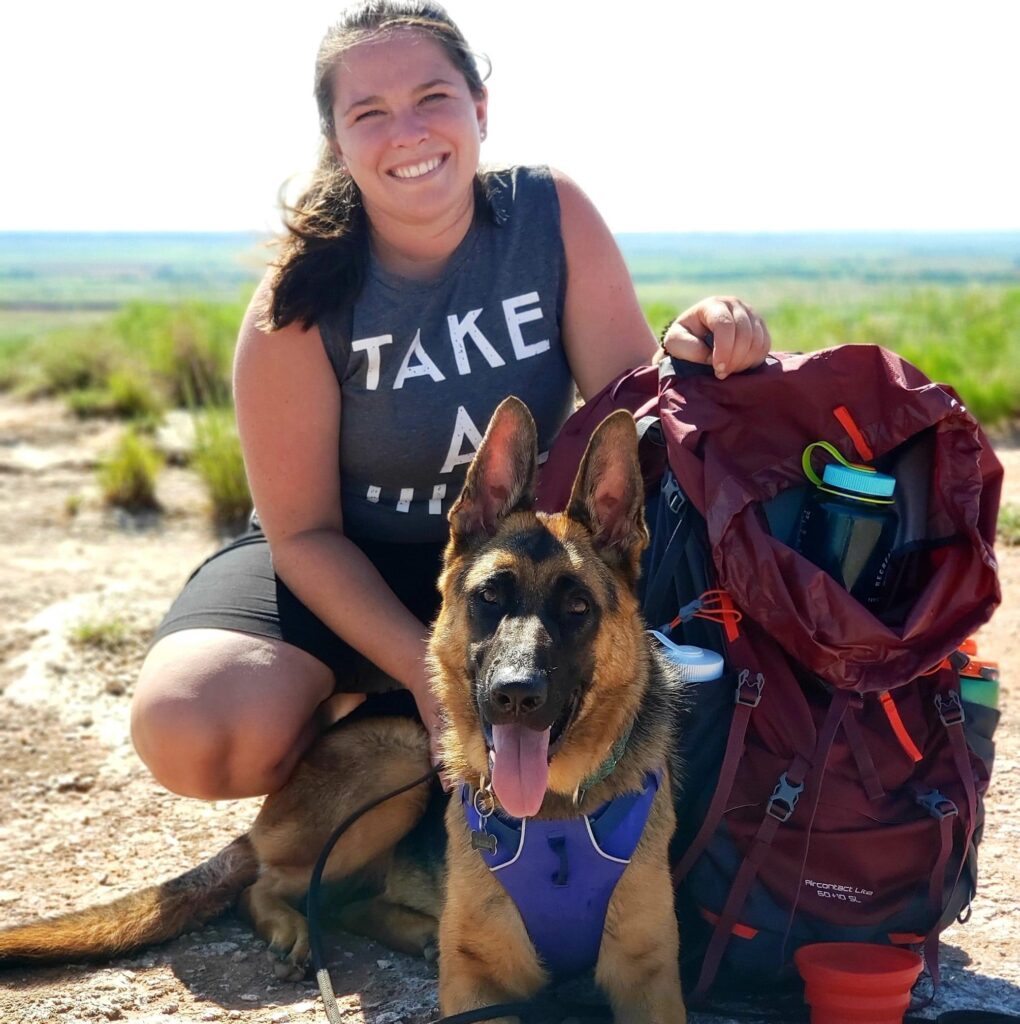
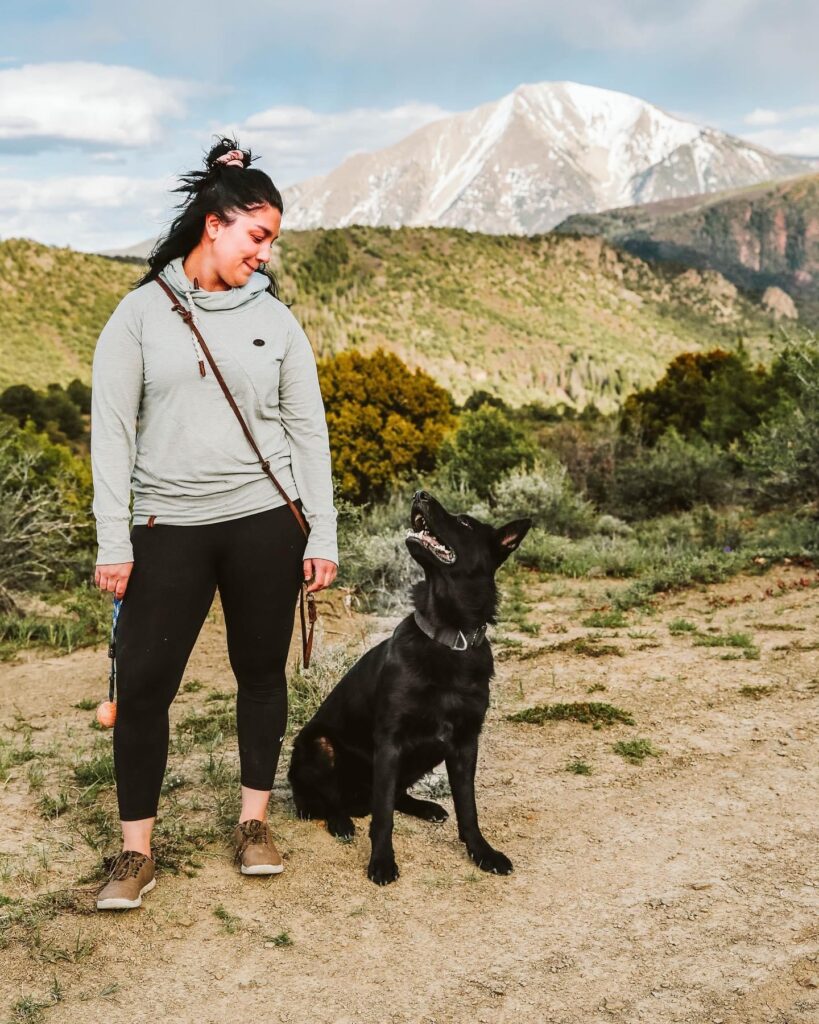
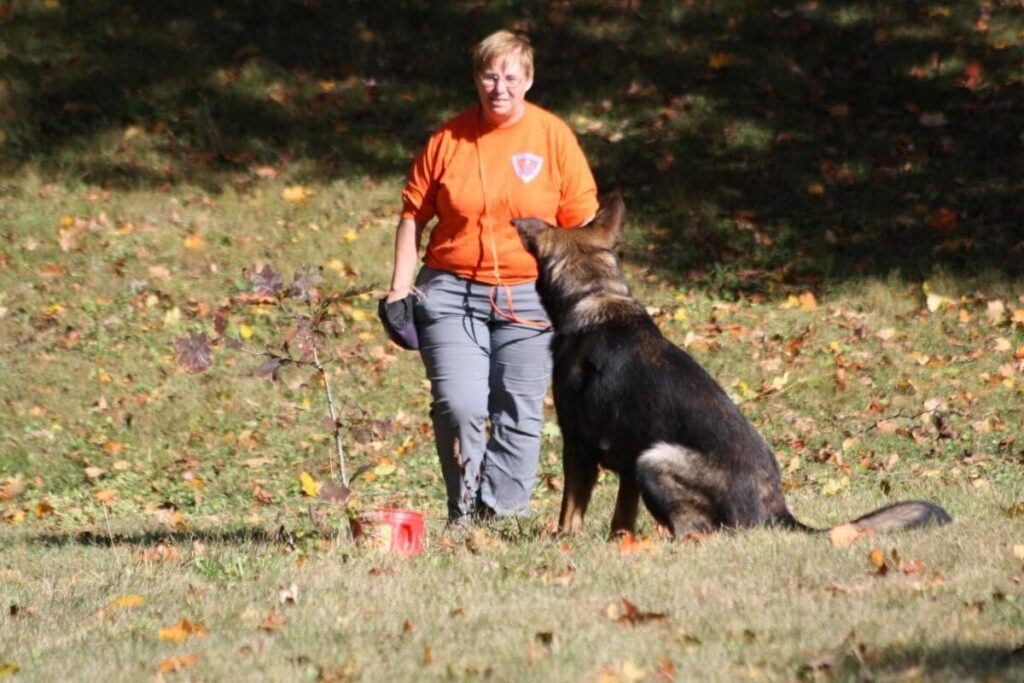
[…] What type of dog is right for me and my family? (For those looking for a GSD: Is a German Shepherd Right For Me)3. What kinds of supplies will I need before I bring my puppy home?4. What types of professionals […]